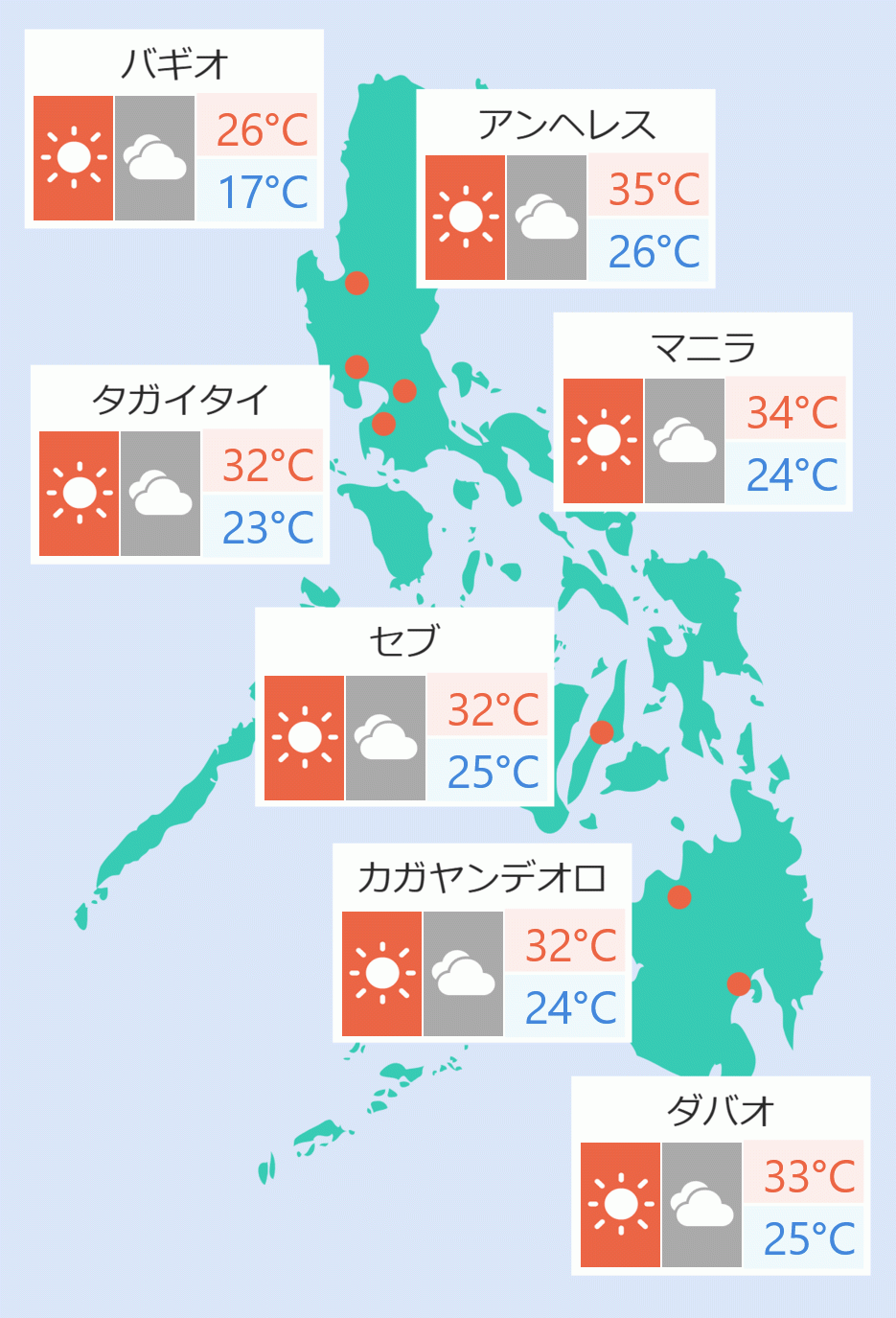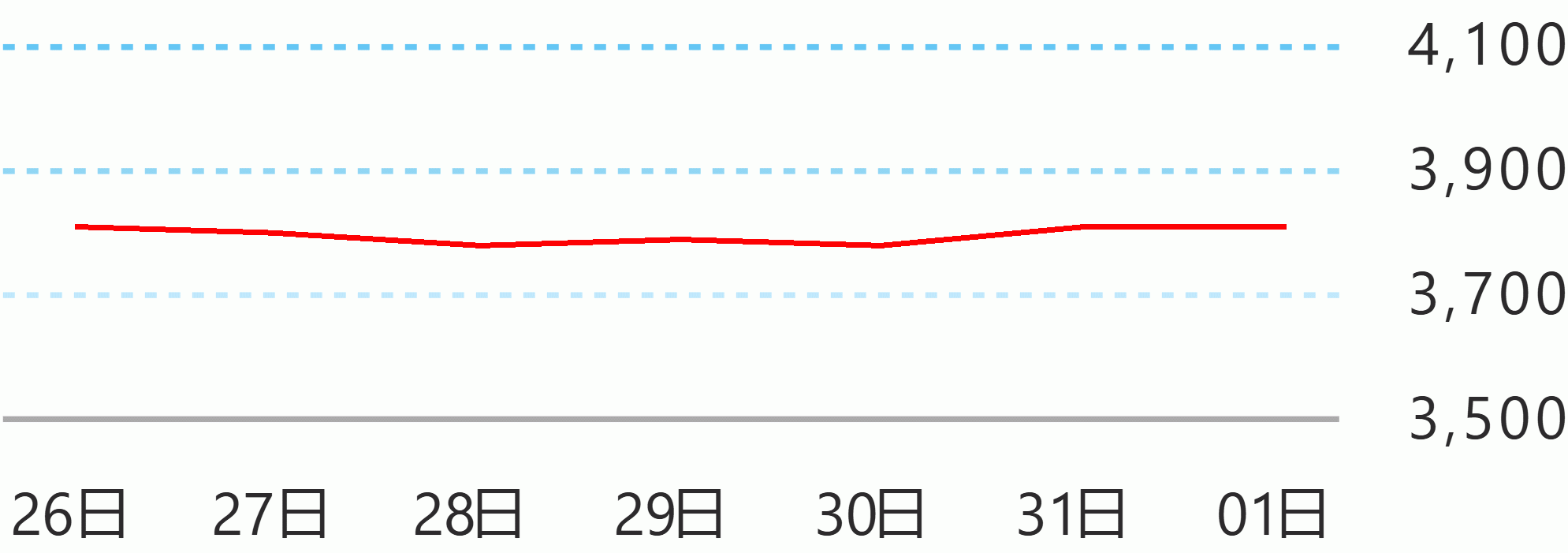Trade Secretary Ramon Lopez expressed support on Wednesday for the "gradual," "phased," or "modified" lifting of the enhanced community quarantine in Luzon where essential businesses, including supply chain, would be allowed to operate.
In the televised "Laging Handa" press briefing, Lopez said total removal of the ECQ would not be advisable.
"Actually, I'm talking to the business community. Actually, they themselves have cautioned us to have the total lifting (of the ECQ)," he said, citing their proposal to have "gradual" lifting.
"That's right, the term is modified, or phased...gradual lifting, in other words, we will have what we call as new norm in testing, scanning of workers, to make sure that they are not sick," he said.
He said the new norm also includes the maintenance of social distancing even while working.
Lopez said mass gatherings, such as concerts, watching in theaters, and other big events, would not be allowed.
Under the gradual lifting, Lopez, a member of the Inter-Agency Task Force for the Management of Emerging Infectious Diseases, the highest policy-making body in terms of addressing the coronavirus disease crisis, said some businesses would be allowed to open.
"The phased lifting, again focusing on the more essential, more basic businesses and their supply chain. It means, even those making the inputs, let's say for food, essential products, hygienic products, medical products, the supply chain, their suppliers also for packaging, inputs and raw materials, including agriculture sector," he explained.
Next important types of businesses that need to operate are hardwares and other services, Lopez added.
President Rodrigo Duterte has placed the whole of Luzon, including Metro Manila, under ECQ from March 17 to April 13 to restrict the movement of the people and prevent the spread of COVID-19.
Lopez said he also favors a proposal to extend the operation of supermarkets or grocery stores, which mostly are operating only up to 7pm, to avoid overcrowding.
Meanwhile, in a separate virtual press briefing, IATF spokesperson and Cabinet Secretary Karlo Nograles said two technical working groups under the IATF are studying on whether to lift, extend or expand the ECQ in Luzon and what could be the "new normal."
One TWG is chaired by the National Economic and Development Authority, which is tasked to prepare "forward planning and anticipatory planning," he said.
Nograles said the NEDA-led TWG will define the "new normal," the economic activities that will be performed, what will happen to manufacturing sector, and the transition to new normal.
On the other hand, the second TWG led by the Department of Health will propose if the ECQ will be partially lifted and the areas which will remain under this restriction.
Nograles said even after the ECQ expires in the middle of April, the COVID-19 threat remains for as long as there is no vaccine or treatment yet.
But he said what the government wants is to manage the crisis where there would be more COVID-19 patients who recovered and no more deaths.
As of Wednesday afternoon, the DOH reported that there were 227 new COVID-19 cases in the country, bringing the total number of cases to 2,311, with 96 deaths and 50 recoveries. Celerina Monte/DMS





 English
English










